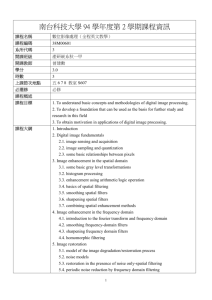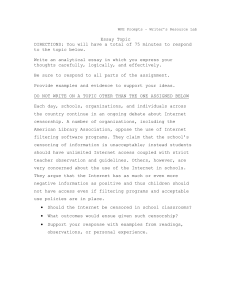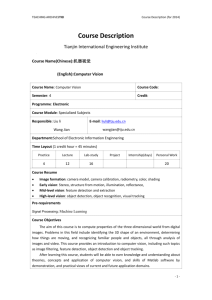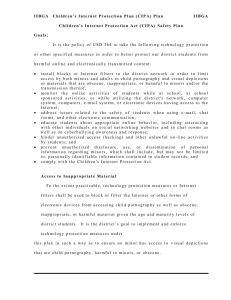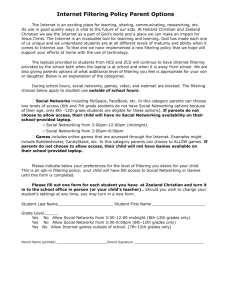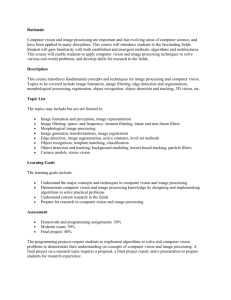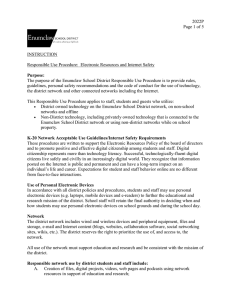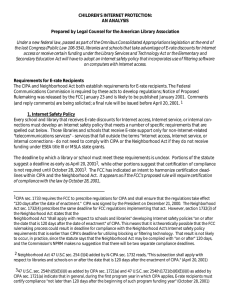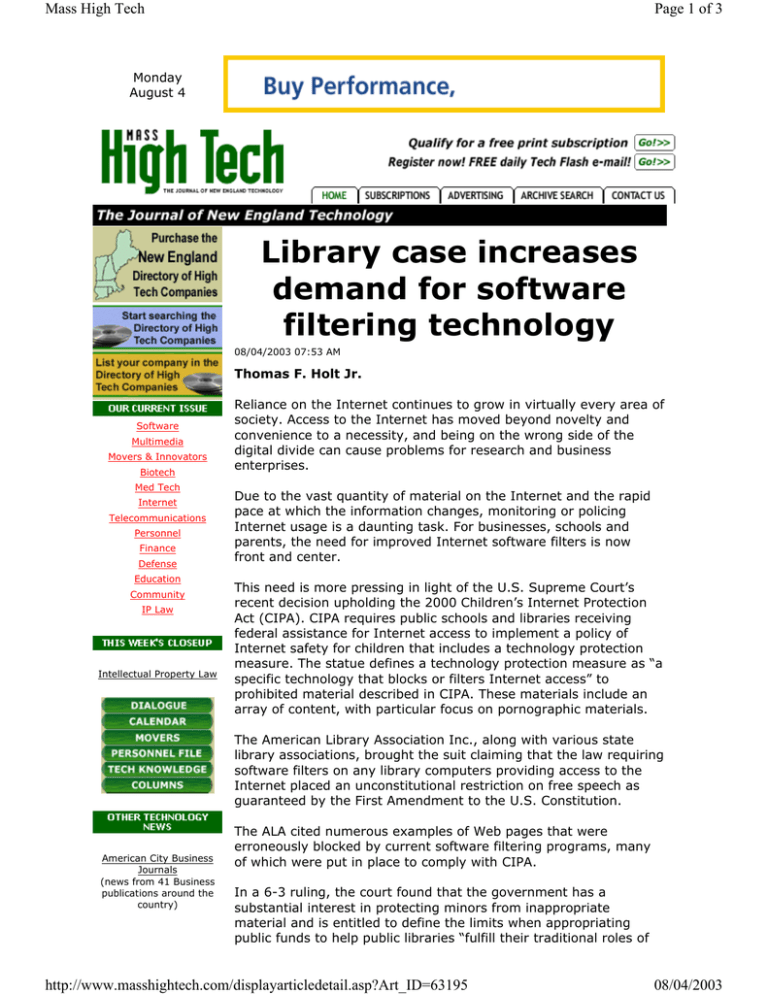
Mass High Tech
Page 1 of 3
Monday
August 4
Library case increases
demand for software
filtering technology
08/04/2003 07:53 AM
Thomas F. Holt Jr.
Software
Multimedia
Movers & Innovators
Biotech
Med Tech
Internet
Telecommunications
Personnel
Finance
Defense
Education
Community
IP Law
Intellectual Property Law
Reliance on the Internet continues to grow in virtually every area of
society. Access to the Internet has moved beyond novelty and
convenience to a necessity, and being on the wrong side of the
digital divide can cause problems for research and business
enterprises.
Due to the vast quantity of material on the Internet and the rapid
pace at which the information changes, monitoring or policing
Internet usage is a daunting task. For businesses, schools and
parents, the need for improved Internet software filters is now
front and center.
This need is more pressing in light of the U.S. Supreme Court’s
recent decision upholding the 2000 Children’s Internet Protection
Act (CIPA). CIPA requires public schools and libraries receiving
federal assistance for Internet access to implement a policy of
Internet safety for children that includes a technology protection
measure. The statue defines a technology protection measure as “a
specific technology that blocks or filters Internet access” to
prohibited material described in CIPA. These materials include an
array of content, with particular focus on pornographic materials.
The American Library Association Inc., along with various state
library associations, brought the suit claiming that the law requiring
software filters on any library computers providing access to the
Internet placed an unconstitutional restriction on free speech as
guaranteed by the First Amendment to the U.S. Constitution.
American City Business
Journals
(news from 41 Business
publications around the
country)
The ALA cited numerous examples of Web pages that were
erroneously blocked by current software filtering programs, many
of which were put in place to comply with CIPA.
In a 6-3 ruling, the court found that the government has a
substantial interest in protecting minors from inappropriate
material and is entitled to define the limits when appropriating
public funds to help public libraries “fulfill their traditional roles of
http://www.masshightech.com/displayarticledetail.asp?Art_ID=63195
08/04/2003
Mass High Tech
Page 2 of 3
obtaining material of requisite and appropriate quality for
educational and informational purposes.”
In addition, the court found that CIPA limits the speech-related
harm that may be caused. Therefore, it doesn’t place an
unconstitutional restriction on free speech because the law allows
libraries to permit an adult user to request that the software
filtering be disabled or the Web site be unblocked without
significant delay.
While most people agree that shielding children from indecent
material by restricting access to pornography is a compelling
objective, disagreement centers on how to balance this without
unduly burdening the right to free speech and right of access by
adults.
The underlying problem lies with the deficiencies of today’s
Internet software filtering technology. One limitation of the filtering
technology is that it often searches for the text in a Web site,
typically using key words or phrases deemed inappropriate.
However, the software may not be able to determine the context of
those words or phrases or otherwise meaningfully discern between
truly objectionable material and nonpornographic content.
Another limitation is that available software typically cannot search
for images and, thus, cannot detect a defined category of
prohibited images. Therefore the filtering technology often
“overblocks” Web sites containing valuable information such as
medical and scientific topics while avoiding sites containing
pornography.
In addition, the ALA and other critics of the law claim that many
manufacturers of software filtering products fail to disclose their
lists of words, phrases, topics or Web sites that the software
searches for and excludes the Internet user from viewing,
preferring to maintain these lists as proprietary information or
trade secrets.
In the wake of the Supreme Court’s validation of the CIPA, the
demand for “smart” Internet filtering software will inevitably
increase.
And demand will not be confined to schools and libraries wishing to
receive federal discounts and grants for Internet access.
Businesses as well as individuals concerned about obscene or
pornographic material already represent potential buyers of
Internet software filters.
It will be up to software developers to meet the challenge of
providing filtering technology that will strike an effective balance
between those seeking to protect children from unsuitable content
and legitimate users of the vast resources offered by the Internet.
Thomas F. Holt Jr. is a partner in the Boston office of national law
firm Kirkpatrick & Lockhart LLP. Holt concentrates in intellectual
property and business litigation.
http://www.masshightech.com/displayarticledetail.asp?Art_ID=63195
08/04/2003
Mass High Tech
Page 3 of 3
Home | Subscriptions| Contact Us | Advertising
All Rights Reserved. Mass High Tech 2000
Privacy Policy | User Agreement
http://www.masshightech.com/displayarticledetail.asp?Art_ID=63195
08/04/2003

